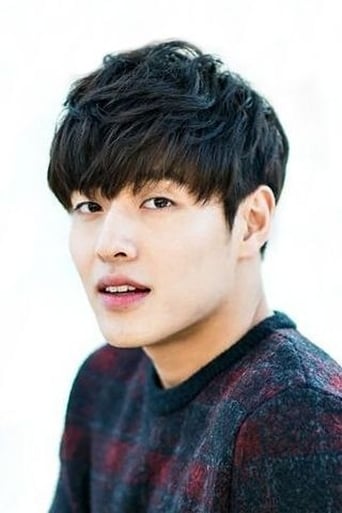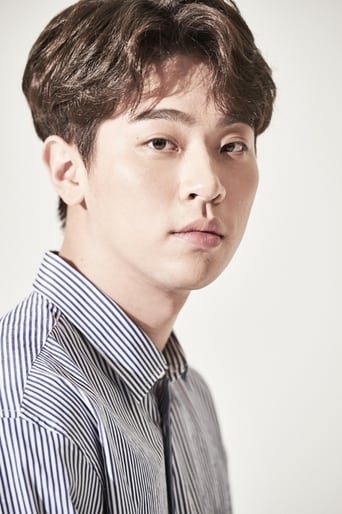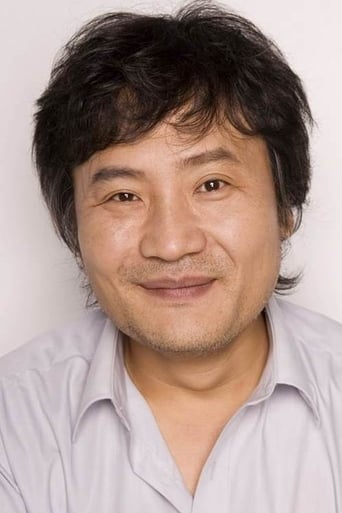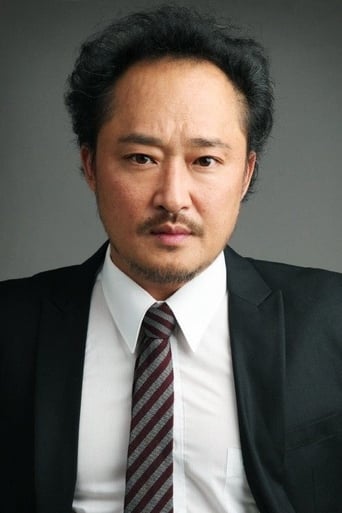Murphy Howard
I enjoyed watching this film and would recommend other to give it a try , (as I am) but this movie, although enjoyable to watch due to the better than average acting fails to add anything new to its storyline that is all too familiar to these types of movies.
mrrcott
Film-makers can have a difficult time recreating the past. Although it is possible create historical periods through locations and costume, it is not possible to find actors who can easily recreate the mannerisms of another time. One look at the clothes in the film shows us how different Korea was only 80 years ago. Judging from the film, most people lived in small communities. Most people worked on farms and the careers most aspired to were in medicine and teaching. Korea has, throughout its history, always been a place where education has been given the utmost importance, and in the film much of the scenes take place within classrooms.Yun Dong-yu was only able to publish one book of poetry during his lifetime; after being imprisoned and experimented on he died at the age of 27. Such a short life is easy to show in under 2-hours but the film doesn't quite manage to explain the inspiration for his poetry or why he was prepared to sacrifice himself for his cousin's political beliefs. Poetry is not a natural subject for film, unlike a visual art form such as painting. Here, it's worth comparing the film with a truly great film about a Korean historical figure – Painted Fire (2002). The film's black and white, monochrome cinematography is a bold move, but it risks painting everything in a dull tone. We are also denied the chance to see the wonderful colours of the traditional hanbok worn by Yeo-jin; or the sakura of Kyoto.The performances by handsome actors who are probably too good looking for the poets (have a look at the actual photos at the end) are simply not deep enough to convey the necessary emotion of the subject matter. Ka Neul-hang is especially badly cast as Dong-ju.Away from the film's focus on the conflict between Japan and Korea, the other battle of the film is the clash between the political ideology of Mong-yoo and the romantic idealism of Dong-ju who believes in the power of poetry to convey ideas. The film emphasizes their relationship as the most important one in their lives and there is no sign that the poet had any romantic life to speak of. He seems to have lived a chaste life based on what we see here. Student life must have been very serious in those days but why the lack of interest in women? The film shies away from female characters, with Kumi (Choi Hui-seo) and Yeo-jin (Sin Yun-ju) being given very limited screen time. This film is very pretty to look at but not much to get excited about. We have watched many films about the Japanese occupation of Korea but unfortunately this was one of the less exciting examples.





